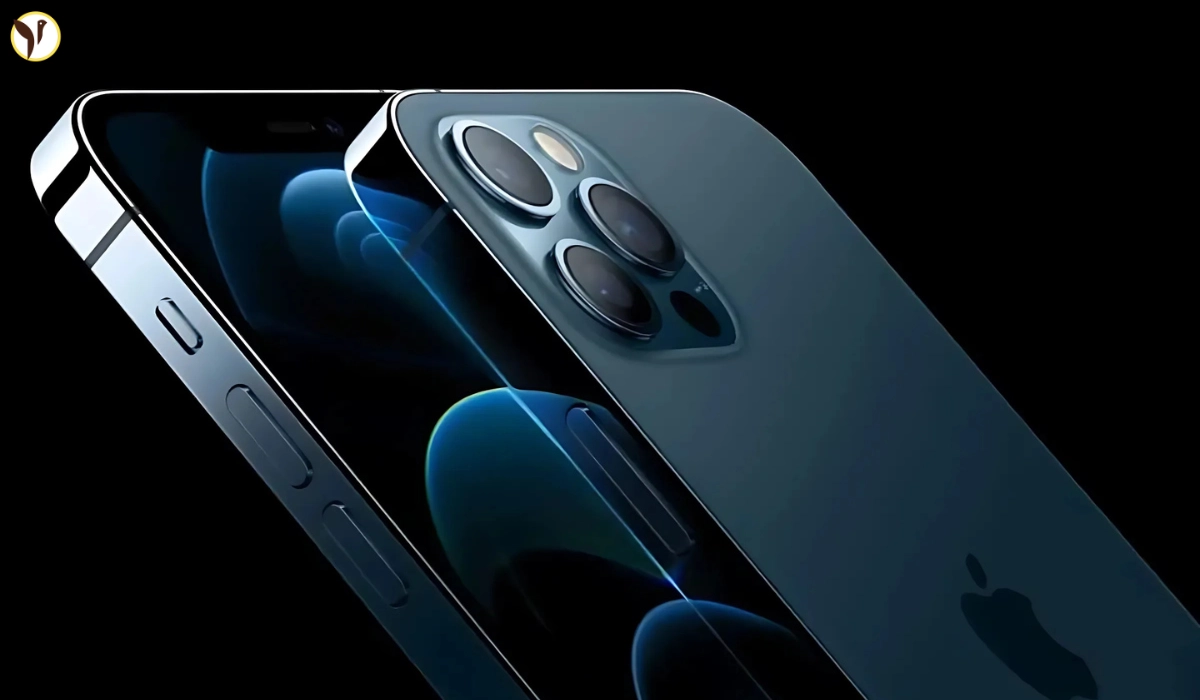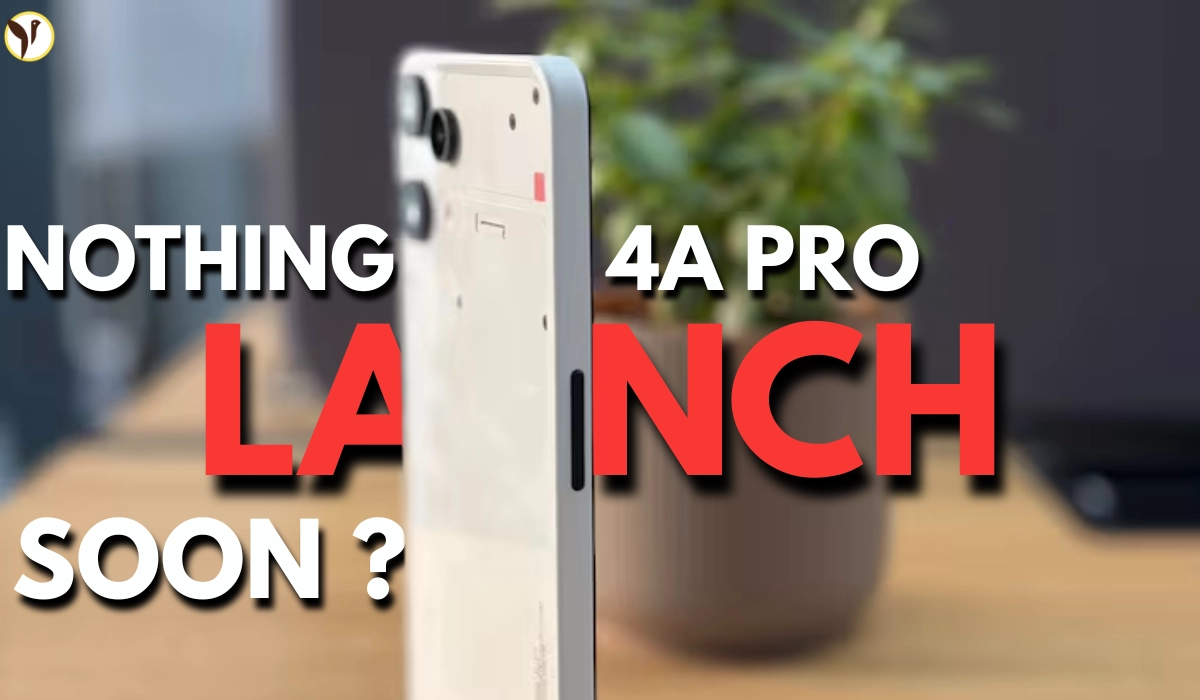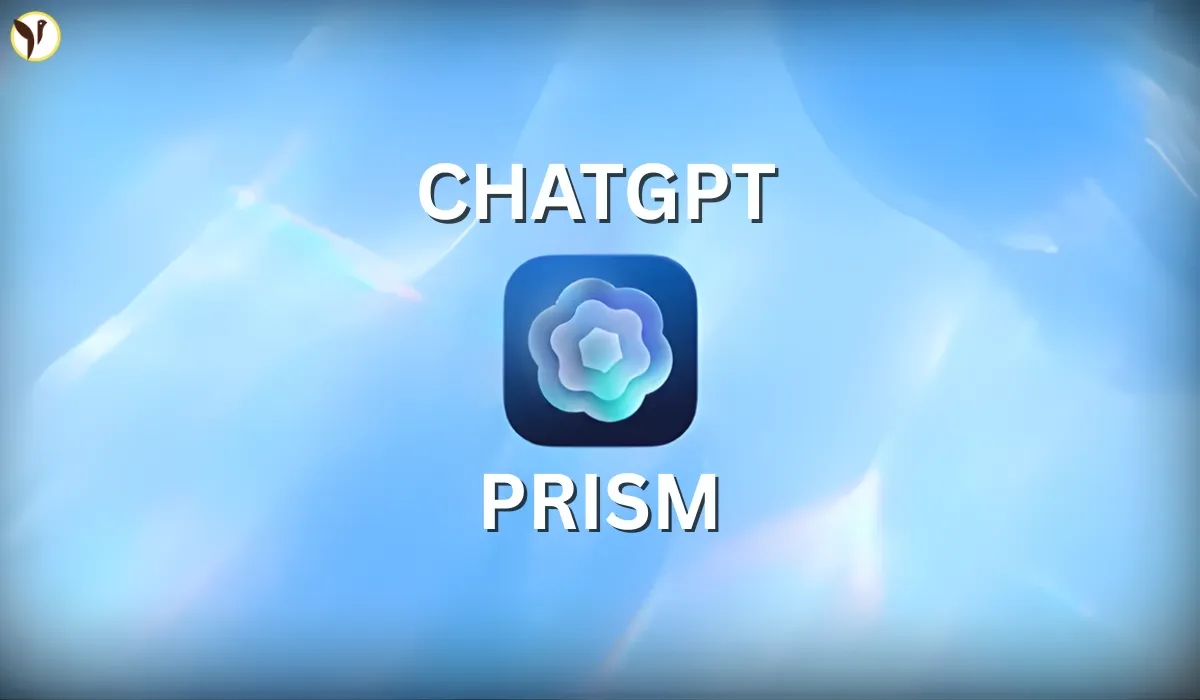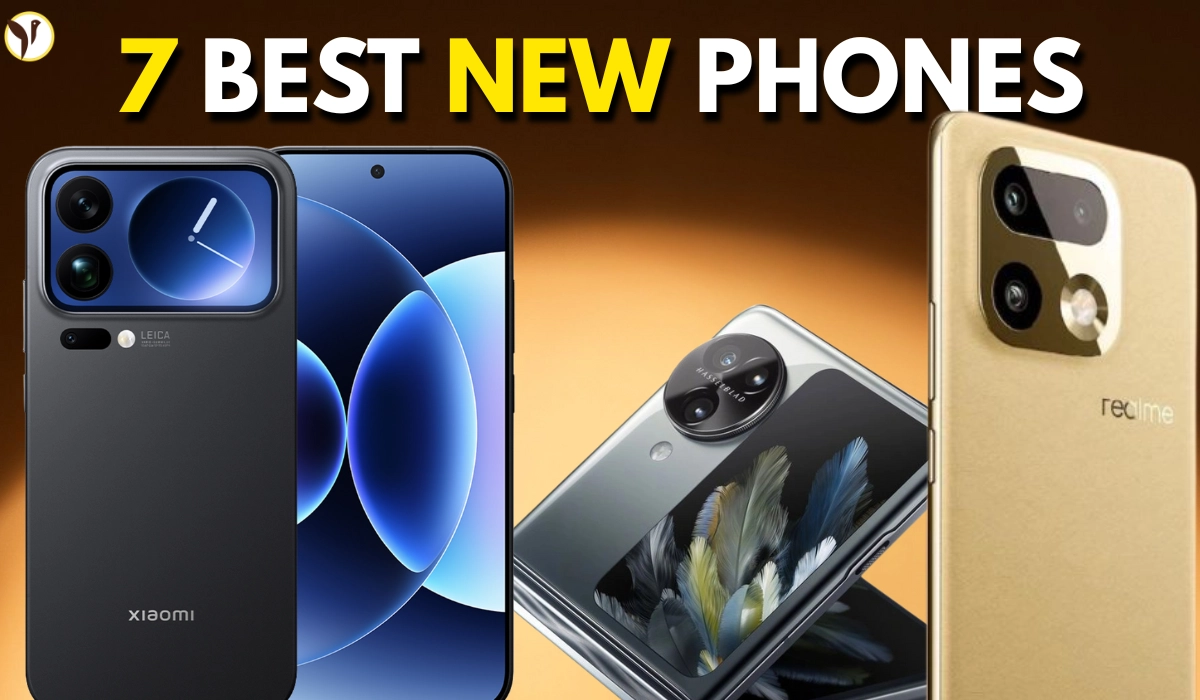Apple iPhones are known for their incredible camera quality, and one of the key reasons behind this is a powerful partnership with Sony, the leading camera sensor manufacturer in the world. But why exactly does Apple rely on Sony for its iPhone cameras? And what does Sony bring to the table that others can’t?
What Makes Sony Camera Sensors So Special?
Sony is a global leader in image sensor technology. Their Exmor RS CMOS sensors are widely recognized for:
-
Superior low-light performance
-
Fast autofocus
-
High dynamic range (HDR)
-
Advanced noise reduction
-
Compact stacked sensor design
Sony doesn’t just make camera sensors for iPhones — they supply sensors to most flagship Android phones too, including Google Pixel, Xiaomi, and OnePlus.
Their ability to miniaturize sensors while retaining exceptional quality is one of the reasons Apple continues to work with them.
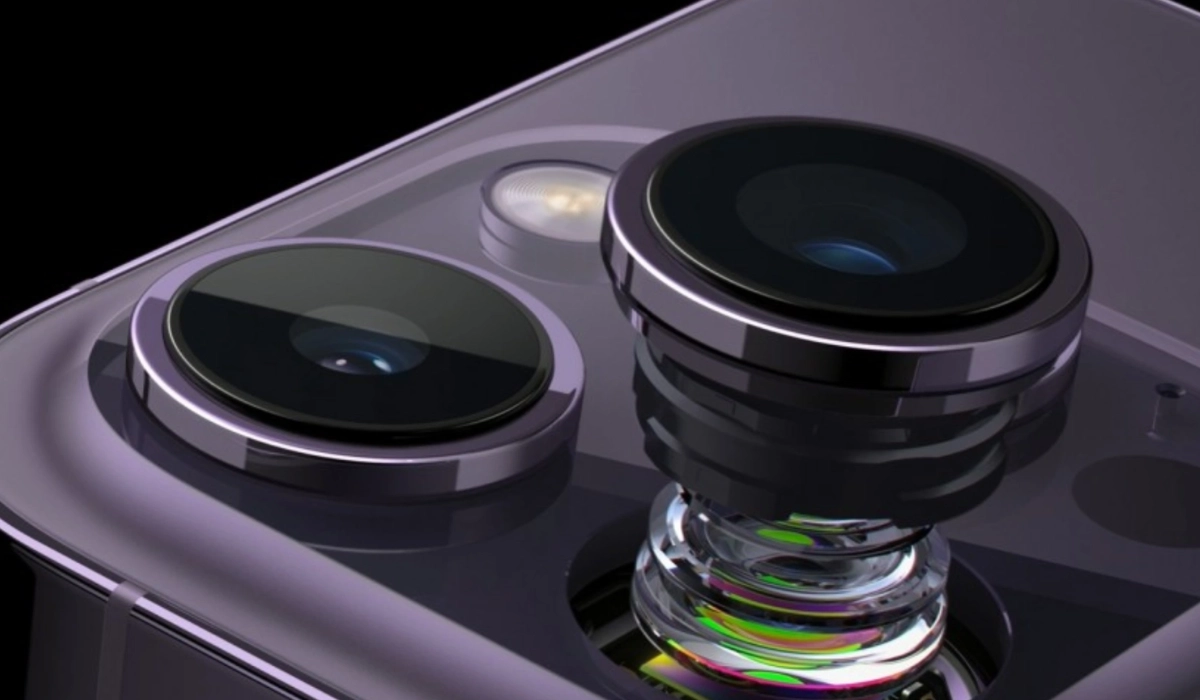
Apple and Sony Partnership: A Deep Dive
The Apple-Sony partnership isn’t new. Sony has been supplying camera sensors to Apple for over a decade. Tim Cook even visited a Sony facility in Japan in 2023, publicly acknowledging the importance of their relationship.
Apple benefits from Sony’s cutting-edge R&D and sensor manufacturing, while Sony earns billions from its Apple contract. It’s a win-win.
How iPhone Optimizes Sony Sensors with AI
While Sony supplies the raw sensor hardware, Apple enhances image quality using computational photography. This includes:
-
Deep Fusion for texture and detail
-
Smart HDR for better contrast
-
Night Mode for low-light photography
-
Photonic Engine (in newer models)
So, although the sensor comes from Sony, the final image quality is shaped by Apple’s A-series Bionic chip and machine learning models.
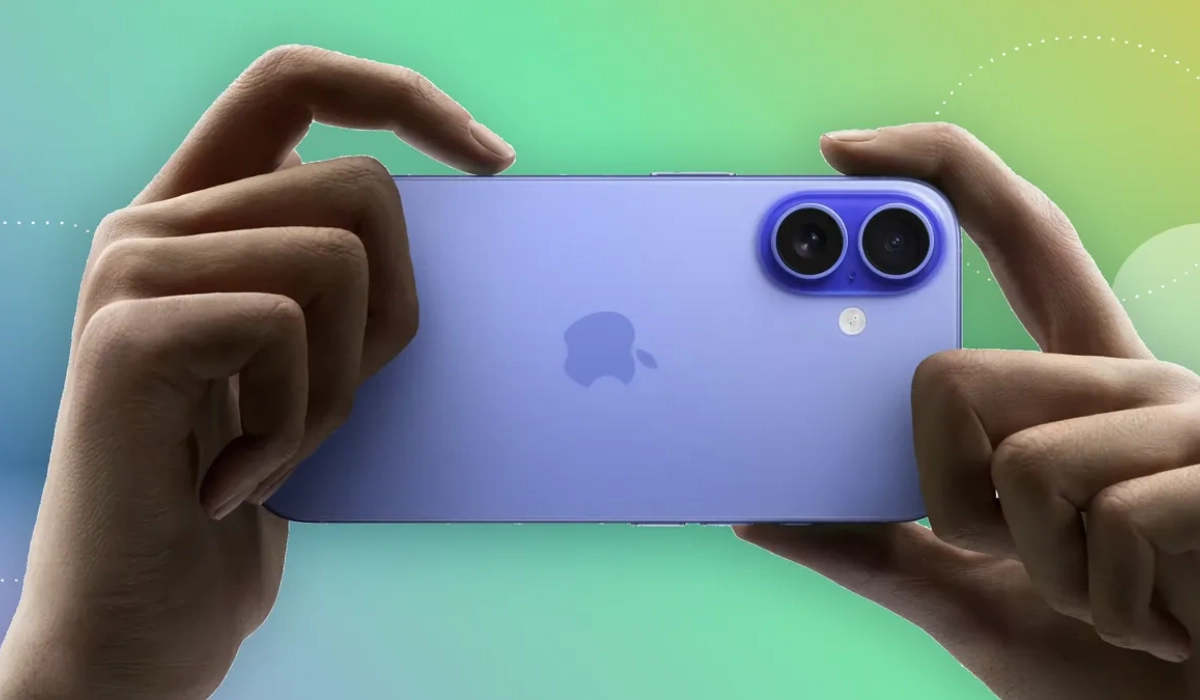
Sony Sensor Specs Used in Recent iPhones (2023–2025)
Here’s a glimpse of what Sony sensors have powered in the last few iPhone generations:
| iPhone Model | Main Camera Sensor | Specs |
| iPhone 14 Pro | Sony IMX803 | 48MP, 1/1.28", Quad Bayer |
| iPhone 15 Pro | Sony Custom Sensor | 48MP, improved HDR & light intake |
| iPhone 16 Pro (expected) | Sony Next-Gen IMX9xx | Likely 50MP+, stacked sensor design |
These sensors are often custom-designed for Apple, not off-the-shelf models.
Is Apple Dependent on Sony for Future iPhones?
As of now, yes — Sony remains Apple's go-to for camera modules. Although Apple is investing in self-reliance (like designing its own chips and displays), manufacturing a world-class camera sensor is a complex process.
Any shift away from Sony would require:
-
Years of R&D
-
Billions in investment
-
A stable supply chain
So, while Apple could reduce dependence in the future, it currently benefits from Sony’s reliability and innovation.
We’ve been partnering with Sony for over a decade to create the world’s leading camera sensors for iPhone. Thanks to Ken and everyone on the team for showing me around the cutting-edge facility in Kumamoto today. pic.twitter.com/462SEkUbhi
— Tim Cook (@tim_cook) December 13, 2022
Sony vs Samsung vs OmniVision: Sensor Comparison
| Feature | Sony | Samsung ISOCELL | OmniVision |
| Market Share | #1 | #2 | #3 |
| Low-Light Quality | Excellent | Good | Average |
| Autofocus | Fast & accurate | Slightly slower | Moderate |
| HDR Performance | Industry-leading | Good | Fair |
| Custom Sensors | Yes (for Apple) | Rare | Rare |
Sony leads in quality, while Samsung and OmniVision are often used in mid-range devices.
How Much Does Sony Earn from iPhone Camera Modules?
According to reports, Sony earns billions of dollars annually just from Apple.
-
Apple reportedly accounts for over 20% of Sony’s image sensor revenue
-
Each sensor module costs Apple roughly $15–30, depending on complexity
With over 200 million iPhones sold annually, the math adds up to a very lucrative deal for Sony.
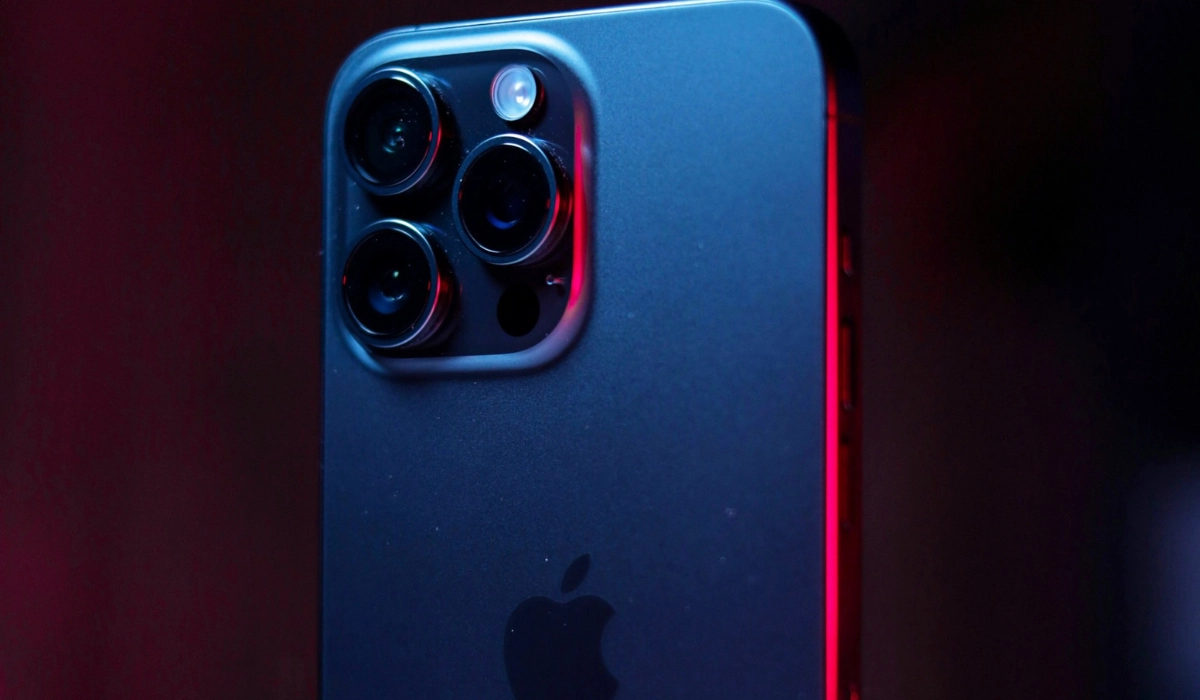
Will Apple Ever Build Its Own Camera Sensors?
There are whispers in the tech world that Apple may eventually produce its own camera sensors, just as it designs its own chips. However:
-
No official timeline or prototypes exist
-
Apple continues to renew long-term contracts with Sony
-
Sony is reportedly building new factories just to serve Apple
So for now, Apple seems content with relying on the best in the business.
Final Thoughts
Apple’s camera quality is a result of hardware from Sony + software from Apple. It’s a symbiotic relationship where both giants benefit and innovate.
Sony’s unmatched sensor technology allows Apple to maintain its status as the smartphone photography king, while Apple’s large orders keep Sony at the top of the sensor market.
In short, Apple chooses Sony not just because they can — but because no one else can match Sony’s quality and consistency right now.
